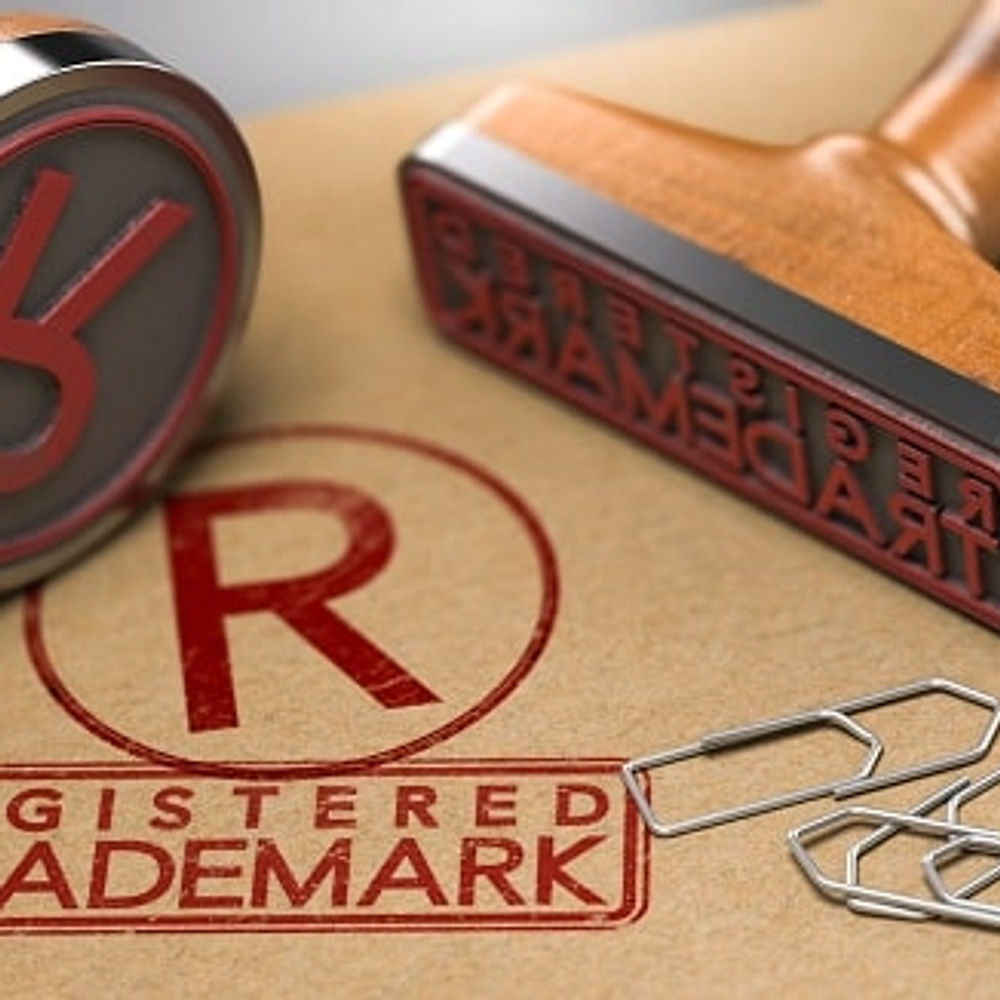How the trademark registration process works at INPI
The company already has knowledge of the importance of registering a trademark with the National Institute of Industrial property (INPI), to give relevance and protection to trademarks that represent a business, product or service.
However, even today there are many doubts about how the trademark registration process works, which is why this article aims to explain the step by step of the process, its deadlines and fees.
The first important point is to check if the trademark that is intended to be registered has not yet been registered, since equal trademarks will not be accepted by the INPI.
For this, it is necessary that a search in the INPI database be carried out, to consult the trademarks already registered, and those that do not appear there, (except those prohibited by law, such as the cases of high-profile trademarks and notoriously recognized trademarks, which the legislation prohibits registration) may continue with the registration normally.
It is also important that the brand has a defined sector, that is, that it has a specific classification, for example, restaurants, clothing stores, advertising agencies, etc. This is because, at the specific moment of the registration request, all these data must be informed to the INPI.
Another previous step is the definition of the nature and presentation of the trademark, that is, if it will be a trademark of a product, service, mixed or certification nature; and if it will have a logo, if it will have only the commercial name, or any other specification regarding its presentation.
When everything is set, it’s officially time to get your hands dirty. Originally the INPI charges two fees for registration, one at the beginning of the process and another at the end (when the trademark has already been granted for registration). However, if it is necessary to submit more documents for the INPI evaluation, other fees may be required.
The initial fee is R$ 355.00 (three hundred and fifty-five reais) for trademark registrations with an already approved specification, that is, for trademarks of products and services that are already on the INPI lists, and the final fee (when the trademark is granted) is R$ 298.00 (two hundred and ninety-eight reais) for MEI, ME and EPP and R$ 745.00 (seven hundred and forty-five reais) for companies that do not benefit from the discount granted by legislation.
However, as previously mentioned, other fees may be required by the INPI, or in the case of rejection of the trademark, where it will be possible to file an appeal (and this will generate a separate fee for its presentation).
After payment of the first fee it will be necessary to monitor the process, verifying its progress and at this stage the INPI will carry out a formal examination of the application. In the formal examination, the INPI may require new supporting documents and the deadline for submitting them is only 5 (five) days.
If everything is correct, the application is published and a period of 60 (sixty) days is opened for the submission of oppositions. Here, third parties can object to the registration of the trademark, claiming that the name is contrasting with another already registered trademark, for example. If there is an opposition, the deadline for the manifestation of this opposition is 60 (sixty) days.
After the presentation of oppositions and demonstrations, the BPTO will decide whether to grant or reject the trademark.
With the granting, it is necessary to pay the final fee already mentioned in 60 (sixty) days, and after payment the trademark will be protected for 10 (ten) years, and this time may be extended for periods of 10 (ten) successive years.
With the rejection, you can file an appeal within 60 (sixty) days, making the payment of a new fee, and at this stage you have the opportunity to demonstrate again the reasons why the trademark should and can be registered. BPTO experts will re-evaluate the application and make a final decision. From the decisions of the INPI, it is also up to the taking of judicial measures.
It is important to remember that the registration of a trademark is the only tool capable of legally protecting it from copies or unfair competition, in addition to guaranteeing its owner the exclusive right to use the trademark throughout the national territory, in addition to being able to extend this right to more 137 member countries of the Paris Union of 1883.
Therefore, in the words of Dr. Leonardo Theon de Moraes, master in Business Law and Founding Partner of the business law firm TM Associados, “the act of registering a trademark is a true investment in the company, and not an expense, because such an action will directly reflect on the future of the company itself, in marketing, in visual identity, in the security of return on investments in advertising and publicity and in the recognition of customers.”
In this way, although the trademark registration process is laborious, it is extremely important for business.
Giovanna Luz Carlos
Lawyer, graduated in law with emphasis in Civil Law from Centro Universitário Padre Anchieta – FADIPA (2019) enrolled in the Brazilian Bar Association, São Paulo Section (OAB/SP). Postgraduate in Civil Procedure at Faculdade Damásio De Jesus. Lawyer at TM Associados.







Leave a Reply
Want to join the discussion?Feel free to contribute!